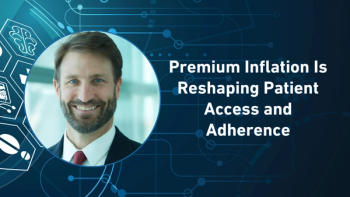
Drug deliveries by drone--why not?
DHL garners headlines with a 'parcelcopter' delivering daily drugs to remote North Sea island
DHL Parcel (Bonn, Germany) has joined in the buzz generated by Amazon, and the entire unmanned aircraft movement, with a pilot (folks in this field will have to stop using that word!) program to deliver prescribed drugs to a pharmacy in Juist, an island in the North Sea. The device, flying at 18 meters/s, will make a run from the harbor in Norddeich to Juist, carrying a customized air-transport container. DHL Parcel straddles the “autonomous" aspect of this project; while insisting that the device is unpiloted, it will also have continuous monitoring from a station at Norddeich. Once the project “takes off” (DHL's phrase), vacationers and island residents can receive prescriptions several times a week, particularly “on times when such alternatives as ferries and flights are not available” to the island.
This has some compelling logic when one considers deliveries to remote locations or during emergencies; still, DHL notes that “there are no specific plans to use the DHL parcelcopter in normal parcel delivery operations. This phase of the research project will test and evaluate the possibilities of such delivery methods. To the extent that it is technically feasible and economically sensible, the use of parcelcopters to deliver urgently needed goods to thinly populated or remote areas or in emergencies is an interesting option for the future.”
A host of local and regional government authorities, RWTH Aachen University, and a drone developer, Microdrones GmbH, have participated with DHL Parcel in the project. Testing and development has been going on since last December for the project.
Drone delivery of parcels varies between being a laugh line on late-night television and a cause for lost sleep among parcel couriers and delivery companies, but however this technology works out, the DHL project rightly highlights how urgent safe and fast delivery of drugs is to patients and healthcare systems.
Newsletter
Stay ahead in the life sciences industry with Pharmaceutical Commerce, the latest news, trends, and strategies in drug distribution, commercialization, and market access.




